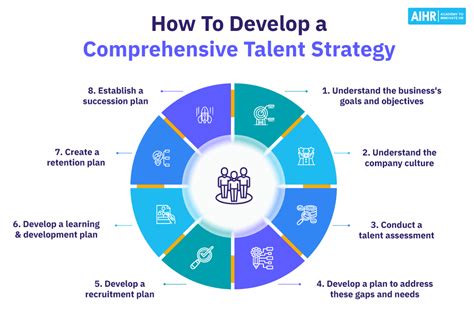Understanding the Concept of Raw Talent
Raw talent refers to an innate ability or natural predisposition that allows individuals to excel in specific areas of performance without extensive training or experience. It is often associated with both physical and cognitive attributes that contribute to exceptional skills and capabilities.

Characteristics of Raw Talent:
- Apparent from an early age: Individuals with raw talent typically display exceptional abilities at a young age, even before receiving formal training.
- Effortless and intuitive: Performing tasks within the area of talent often comes naturally and requires less effort or conscious thought.
- Specific and specialized: Raw talent is usually associated with a particular skill or set of skills, rather than general proficiency.
- Potential for growth and development: While individuals with raw talent may have an advantage, it also requires training and practice to develop and refine their abilities.
Measuring and Identifying Raw Talent
Assessing raw talent is a complex and subjective process. Various methods can be employed, including:
- Observational tools: Coaches, teachers, and other experts can observe individuals’ performance and identify exceptional abilities.
- Standardized tests: Standardized tests can measure specific cognitive skills, such as intelligence, problem-solving, and creativity.
- Portfolio reviews: Artists, musicians, and other creative individuals can showcase their work to demonstrate their raw talent.
Factors Influencing Raw Talent Identification:
- Age: Raw talent is often apparent at a young age, but it can also emerge later in life.
- Environment: Opportunities for exposure to activities and experiences can influence the development of raw talent.
- Cultural and societal expectations: Social norms and expectations can shape how talent is perceived and valued.
Benefits of Having Raw Talent
Individuals with raw talent experience numerous benefits, including:
- Enhanced performance: Raw talent provides a foundation for achieving exceptional performance in specific areas.
- Increased motivation: Natural abilities can inspire individuals to pursue their passions and engage in activities that bring them satisfaction.
- Career opportunities: Identifying and developing raw talent can open doors to lucrative career paths in fields that align with their habilidades.
- Personal fulfillment: Raw talent allows individuals to express themselves creatively and achieve personal growth through their abilities.
Developing Raw Talent into Exceptional Skills
While raw talent is a valuable asset, it requires cultivation and development to reach its full potential. Strategies for nurturing raw talent include:
- Formal training: Guided instruction and mentorship by experienced professionals can provide the necessary foundation and techniques.
- Practice and repetition: Consistent practice strengthens abilities and develops muscle memory.
- Feedback and critique: Constructive feedback from experts helps identify areas for improvement and refine skills.
- Inspiration and motivation: Surrounding oneself with like-minded individuals and finding sources of inspiration can fuel motivation and enhance creativity.
Common Mistakes to Avoid in Talent Development
- Neglecting practice: Raw talent alone is not sufficient; systematic practice is essential for growth.
- Focusing solely on natural abilities: Overreliance on raw talent can limit development and hinder the acquisition of new skills.
- Ignoring weaknesses: Addressing weaknesses is crucial for well-rounded development and prevents them from becoming obstacles to success.
- Lack of support and mentorship: Individuals with raw talent need guidance, encouragement, and mentorship to thrive.
Tips and Tricks for Maximizing Raw Talent
- Identify your strengths and areas of natural ability.
- Seek opportunities to explore and experiment with different activities.
- Don’t be afraid to fail and learn from mistakes.
- Surround yourself with positive and supportive individuals.
- Set realistic goals and celebrate your progress.
- Persistently practice and improve your skills.
- Seek professional feedback and guidance when necessary.
Conclusion
Raw talent is a precious gift that can lead to exceptional performance and personal fulfillment. By understanding its nature, identifying it, and cultivating it through dedicated training and development, individuals can harness the power of their innate abilities and achieve remarkable success.
